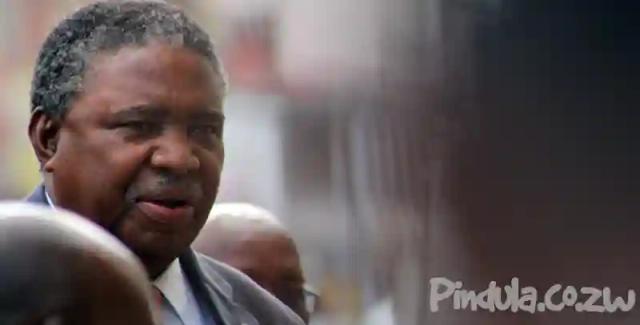CONSTITUTION WATCH : The Status Of The President And Ministers Before The Swearing-In

Introduction
President Mugabe’s sudden resignation on Tuesday afternoon left the country with no one to exercise the functions of President.
Both Mr Mphoko, the Vice-President, and Mr Emmerson Mnangagwa, ZANU-PF’s choice to succeed Mr Mugabe, were outside the country.
Yesterday the Speaker was formally notified that ZANU-PF had nominated Mr Mnangagwa as the new President, and he arrived back in Zimbabwe in the evening. He is due to be sworn in tomorrow.
These dramatic events raise two legal questions:
- Before the nominated President is sworn in, what is the legal position?
- Are Mr Mugabe’s Ministers still in office?
As we shall point out, these questions are not entirely academic.
Is There a President?
Well, yes and no. Following constitutional procedures, the last President’s party let the Speaker know they had nominated Mr Mnangagwa to replace Mr Mugabe. The Speaker announced he would be sworn in on Friday 24th – arrangements to be announced.
Between now and Friday, according to the Constitution, Mr Mphoko is currently the acting President and will remain such until Mr Mnangagwa is sworn in as President.
This is because:
- When Mr Mugabe resigned Mr Mphoko was the sole Vice-President. He, therefore, assumed office as acting President in terms of paragraph 14(4)(a) of the Sixth Schedule to the Constitution. He did not need to be sworn in, and the fact that he was outside the country at the time is of no legal consequence.
- Mr Mphoko continues to act as President until ZANU-PF’s nominee takes the presidential oath of office, which he is scheduled to do tomorrow. In our Constitution Watch 9/2017 of 20th November, we said Mr Mphoko’s term would end when ZANU-PF notified the Speaker of its nominee for President, but this was on the assumption that the swearing-in would follow immediately after the notification. In fact, there will be a two-day interval. A President only assumes office when he or she is sworn in, and the previous President or (in this case) acting President remains in office until the swearing-in [this is the effect of sections 94(1) & (2) and 337 of the Constitution].
So in the interval, legally we do have a President, albeit an acting one. It is Mr Mphoko. He will continue to hold office, phantom-like, until Mr Mnangagwa is sworn in.
Are There Any Ministers?
The Ministers appointed by Mr Mugabe did not go out of office when he resigned. They kept their portfolios under Mr Mphoko as acting President but will go out of office under section 108(1)(c) of the Constitution when Mr Mnangagwa is sworn in tomorrow.
So all Mr Mugabe’s Ministers are still in office, even those who are in detention or outside the country. Unless the acting President dismisses them they remain Ministers.
Legal Consequences
The fact that all Ministers are still in office has the following legal consequences:
- Anything lawfully done by the Ministers in their official capacities between the 15th November, when the Defence Forces took control of the government, and tomorrow when Mr Mnangagwa is sworn in as President, is legally valid.
- Anything lawfully done by civil servants on behalf of their Ministers is legally valid even if the Ministers were in detention or outside the country. This is so because the law recognises that civil servants can exercise delegated functions under a general authority from their Ministers.
- All Ministers will cease to hold office as soon as Mr Mnangagwa is sworn in. They will not be able to exercise ministerial functions after that unless Mr Mnangagwa reappoints them as Ministers. Nor will their civil servants.
- For this reason Mr Mnangagwa should appoint a new Cabinet without delay – which, with his reputation for administrative efficiency, he will probably do.
Detained Ministers
As we have indicated above, some Ministers – at least two ‒ are in detention, reportedly on account of crimes they are alleged to have committed.
Everyone who has been arrested and detained for a crime, whatever its nature, must be brought before a court as soon as possible and in any event within 48 hours. This is required by section 50(2) of the Constitution. We urge the authorities to accord the detained Ministers their fundamental constitutional rights, rights upon which Zimbabwe itself is founded by virtue of section 3 of the Constitution.
Source: Veritas Zimbabwe





